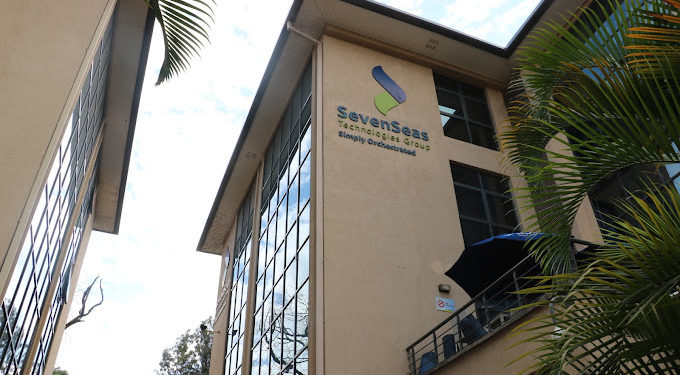Seven Seas Technologies, belonging to billionaire Michael Macharia, has been directed to settle a KES 900.4 million tax bill to the Kenya Revenue Authority (KRA) after an unsuccessful legal dispute with the agency at the Tax Appeals Tribunal.
In August 2020, the Kenya Revenue Authority (KRA) filed a claim against Seven Seas, covering the period from 2015 to 2019. Seven Seas was unsuccessful in the case as it did not provide additional documentation to challenge KRA’s requests regarding value-added tax (VAT), Pay-As-You-Earn (PAYE), and withholding taxes.
The firm objected to the demand on September 22, 2020, but KRA wrote back on March 10, 2021, affirming its claim, which has now been backed by the tribunal although the company had filed an appeal.
In regards to withholding taxes, KRA’s Commissioner of Domestic Taxes requested Seven Seas to furnish invoices for outstanding transactions involving third parties that the tech company had contracted.
Additionally, KRA sought evidence pertaining to Data GRS, a South African firm engaged by Seven Seas for information migration in connection with a project with Safaricom called XABA.
Xaba aimed to link blue-collar workers with potential employers. The KRA had calculated withholding taxes totalling KES1,469,704 on payments made to Data GRS for services rendered to Seven Seas. Seven Seas needed to present evidence explaining why payments to Data GRS should not be subject to withholding tax as claimed.
The company also alleged that withholding taxes were deducted twice for the Xaba project, but no evidence was provided to support this claim.
Seven Seas further failed to substantiate its assertion that the services subjected to the 16 percent VAT were exports. The company did not provide evidence of payments for services provided outside Kenya or provide information about the personnel involved in delivering the services, such as copies of passports with entry and exit stamps.
On PAYE, the tech company argued that director fees totalling KES 24,431,521 for the years 2014 and 2015 were reimbursements to the directors, who had initially used their own funds to pay employees. However, the company failed to provide evidence of the directors’ bank statements to demonstrate that directors’ fees as declared in the financial statements were indeed reversed and that the directors did not enjoy the benefits.











